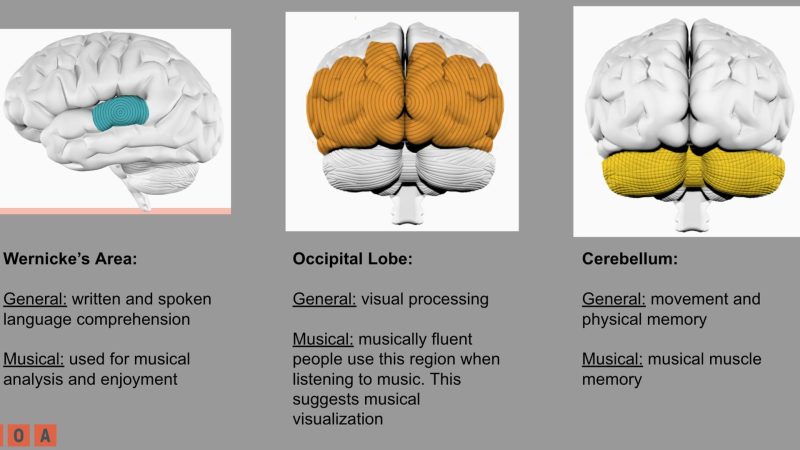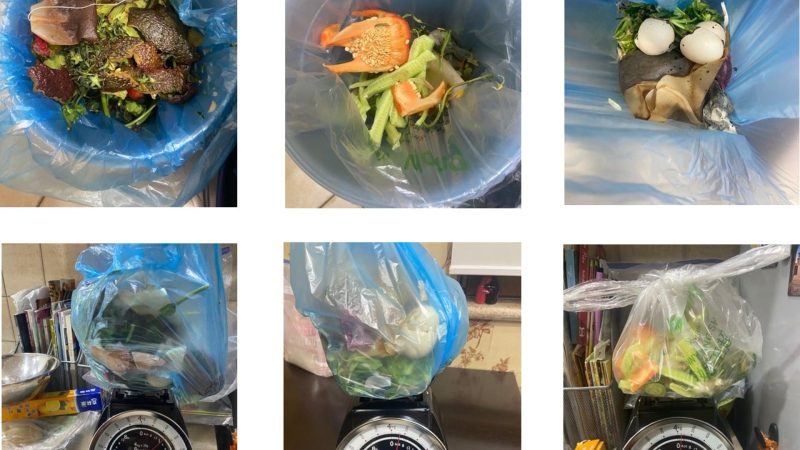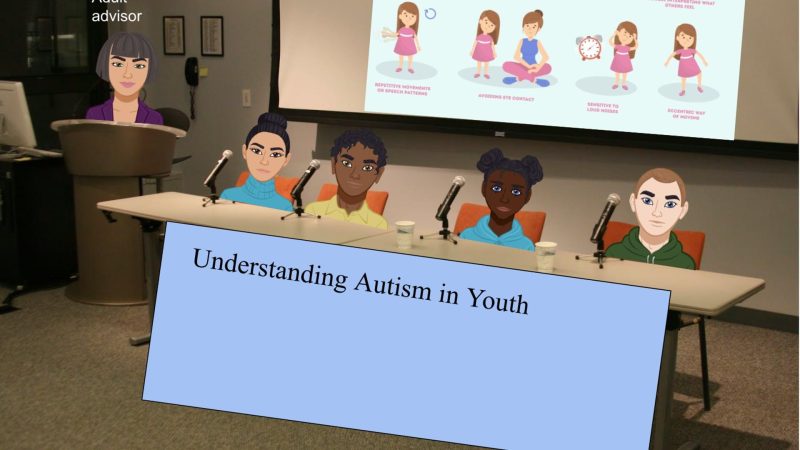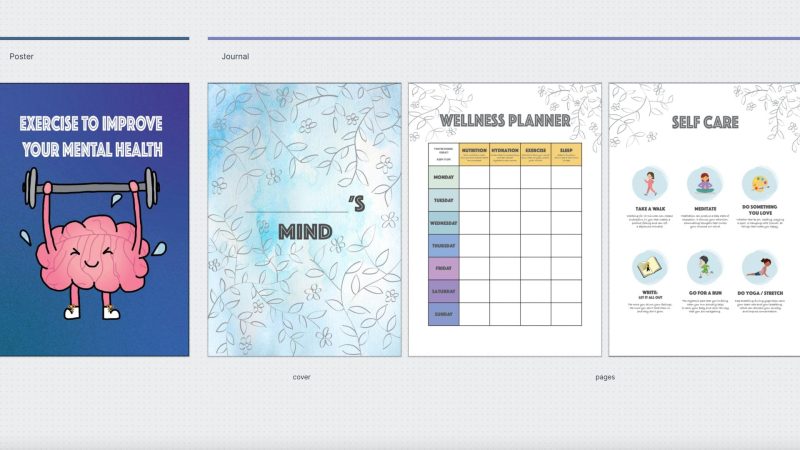Why Student Artifacts of Excellence are More Important Than Ever
“When our students leave our schools and enter life, they will no longer be judged by standardized tests. They will be judged for the rest of their lives for two things: the quality of person they are and the quality of work that they do." -Ron Berger
In his keynote address in 2019, Ron Berger emphasized the importance of what he calls "beautiful work," also known as “artifacts of excellence.” He underscored how schools should prioritize the creation of these artifacts over relying solely on standardized test scores. Berger’s book, An Ethic of Excellence, defines “excellence” in student work as the combination of real-world relevance and assessment based on professional standards.
In today's world, where artificial intelligence is increasingly used to generate content, it's more important than ever to showcase students' original, innovative, and creative skills. While it's important to learn how AI can support student agency, it's equally essential to create opportunities for students to produce distinctive and meaningful work. Artifacts of excellence highlight students' unique talents and passions, preparing them for success beyond school, including the college admissions process. Here are four reasons why artifacts of excellence matter.
Evidence of Learning
Artifacts of excellence serve as valuable evidence of students' ability to create original and meaningful work that showcases their mastery in a particular field. These artifacts can take many forms, ranging from research papers and science projects to art pieces, presentations, and videos, and enable students to demonstrate their proficiency and competence in a particular area. GOA students create impressive artifacts in their courses and as part of their end-of-term capstone projects
GOA's Catalyst Exhibition is one example of how we empower our students with artifacts of excellence. The exhibition prompts students to take from concepts learned and research done in their course and create a real-world project that aims at making an impact in a community that is important to them. During the exhibition, students receive feedback and reflect on their learning journey, while teachers identify and celebrate students who have excelled in particular areas. These projects also raise awareness and promote change, covering topics such as mental health, social justice, cybersecurity, and sustainability to name a few.
“How can music be used to maintain health and promote healing in the brain?”
Luca M. — The Downtown School
“How can sustainable food waste solutions be implemented in communities and households?”
Jeremy A. — Western Academy of Beijing
“The Psychology Behind Consumerism”
Jasmin S. — The International School of Prague
“How can schools foster safe environments for people with autism and how can we highlight the beauty in the autistic community?”
Coligny D. — Catlin Gabel
“How can train stations be redesigned to be more sustainable while also being productive spaces that promote the use of public transportation?”
Michele H. — Menlo School
“Why is it important to take care of our mental health and how does exercise increase well-being in order to move towards a more positive life?”
Lulu W. — Greens Farms Academy
Useful in College Admissions
Admissions officers are often inundated with a large number of applications from students with high GPAs and test scores. To stand out from the crowd, students can showcase their unique abilities and learning journey through artifacts of excellence. For example, Greenhill School student Laya V. demonstrated her knowledge and passion for psychology with her Catalyst project. She explored the relationship between limited access to abortion and mental health and collaborated with a clinical psychologist to produce a 60-page research paper. Laya's interest in mental health, social justice, and her application of psychological concepts to the real world set her apart from other applicants. Artifacts of excellence, such as this Catalyst project and research paper, can reveal a student's creativity, critical thinking skills, and commitment to addressing important issues. They provide admissions officers with a more comprehensive understanding of students' potential beyond their academic records.
Showcases Passion and Interest
When students can explore their interests and create projects based on them, they are more likely to feel engaged and motivated in the learning process. In his GOA Cybersecurity course, Green Farms Academy student Owen S. discovered a newfound passion for computer science. As a result, he enrolled in two different computer science courses for his junior year, courses he likely wouldn't have considered before realizing his love for the subject. Owen said, "Maybe it's a course I want to take in college."
Learning Pathways and Certification are another way for students to deepen their expertise in a particular subject area and be recognized for their mastery with a certification. With GOA, students can pursue one of eight pathways to earn a Pathway Certification. These pathways allow students to pursue their passions and interests while developing essential skills and knowledge that can prepare them for future success in a particular field. Pathway Certification is another example of an artifact of excellence that can help students stand out.
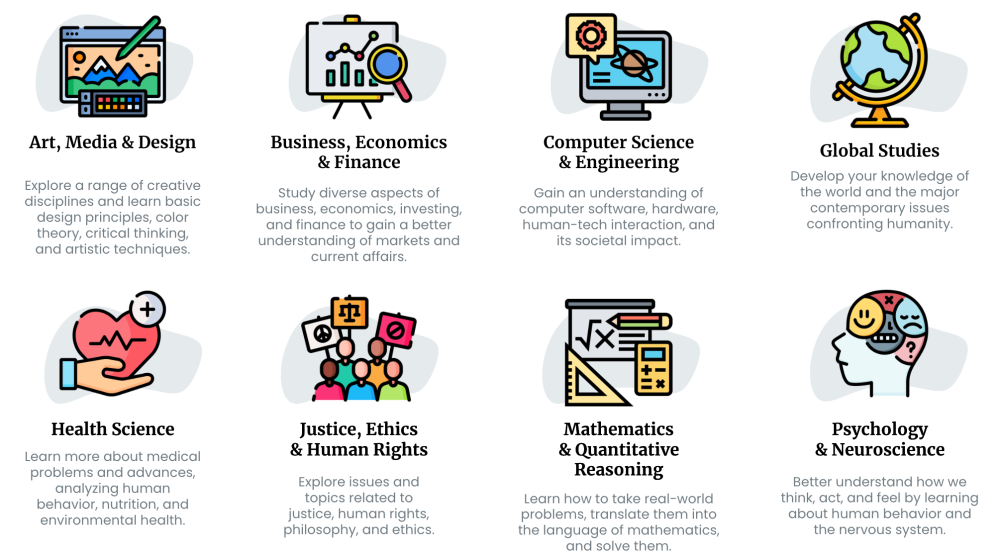
Develop Transferable Skills
“...work of excellence is transformational. Once a student sees that he or she is capable of excellence, that student is never quite the same. There is a new self-image, a new notion of possibility. There is an appetite for excellence.” -Ron Berger
Empowering students with artifacts of excellence can profoundly impact their academic, personal, and professional lives. The experiences of GOA students highlight the importance of artifacts of excellence:
"A take away that I got from my catalyst project was learning how to use my resources; whether that was my teacher, my classmates, or case studies on the Internet, hearing many different opinions and ideas allowed me to expand my knowledge on a topic that is very biased in society today. Overall, I thought the catalyst project was a great way to dive deeper into a topic I find interesting, and gave me the chance to raises awareness and educate others on ways to help the mental stress of teenagers!" -Ella E., The Potomac School
"The most inspiring part of creating my Project was recognizing that through psychological reasoning and in-depth research, I could tackle a pressing issue that is meaningful to both me and my community. It further solidified that psychology is something that I want to pursue in college and beyond and that I can use my education in service to others. It is also inspiring and gratifying to think about how viewers of my exhibition will hopefully be inspired to express gratitude to our frontline workers in the future." -Cece L., Dalton School
Artifacts of excellence, such as GOA's Catalyst Exhibition and Pathway Certification, offer students a chance to showcase their talents, inspire others, demonstrate their expertise, and develop essential life skills to prepare for success beyond high school. To learn more about incorporating artifacts of excellence into the classroom, join us at our Learning Summit at Episcopal High School outside of Washington, D.C., USA from June 26-29.
For more, see:
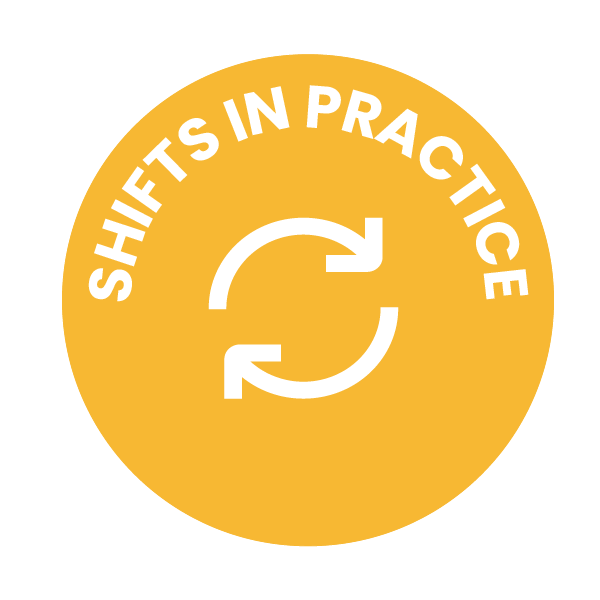
This post is part of our Shifts in Practice series, which features educator voices from GOA’s network and seeks to share practical strategies that create shifts in educator practice. Are you an educator interested in submitting an article for potential publication on our Insights blog? If so, please read Contribute Your Voice to Share Shifts in Practice and follow the directions. We look forward to featuring your voice, insights, and ideas.
GOA serves students, teachers, and leaders and is comprised of member schools from around the world, including independent, international, charter, and public schools. Learn more about Becoming a Member. Our professional learning opportunities are open to any educator or school team. Follow us on LinkedIn and Twitter. To stay up to date on GOA learning opportunities, sign up for our newsletter.

